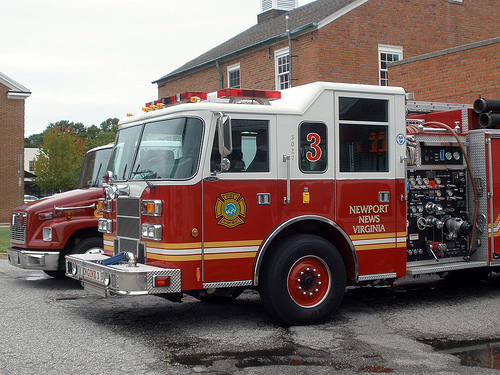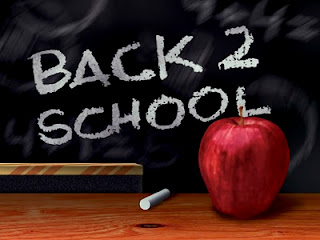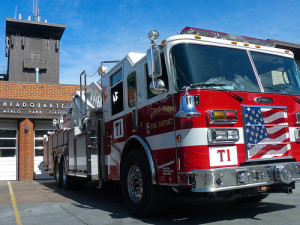Here are some Fire Safety Tips from http://www.usfa.fema.gov/:
Control Kids’ Access to Fire
- Keep all matches and lighters out of the hands of children. If possible, keep these sources of fire in locked drawers. Consider buying only “child-proof” lighters—but be aware that no product is completely child-proof.
- Children as young as two years old can strike matches and start fires.
- Never leave children unattended near operating stoves or burning candles, even for a short time.
- Teach children not to pick up matches or lighters they may find. Instead, they should tell an adult immediately.
Fire Safety at Home
- Smoke alarms should be installed on every level of the home, especially near sleeping areas.
- Smoke alarms should be kept clean of dust by regularly vacuuming over and around them.
- Replace batteries in smoke alarms at least once a year. And replace the entire unit after ten years of service, or as the manufacturer recommends.
- Families should plan and practice two escape routes from each room of their home.
Photo: Tony Alter


 Just a reminder about how important it is to respect your host family’s privacy and not share personal details and information. This applies to all kinds of situations, including: personal conversations, email and social websites.
Just a reminder about how important it is to respect your host family’s privacy and not share personal details and information. This applies to all kinds of situations, including: personal conversations, email and social websites.  Most of the school aged kids in our cluster are either back in school or will be returning soon. This will mean changes to the au pair schedule and possibly to the duties. It is very important to communicate these changes to avoid problems.
Most of the school aged kids in our cluster are either back in school or will be returning soon. This will mean changes to the au pair schedule and possibly to the duties. It is very important to communicate these changes to avoid problems.










